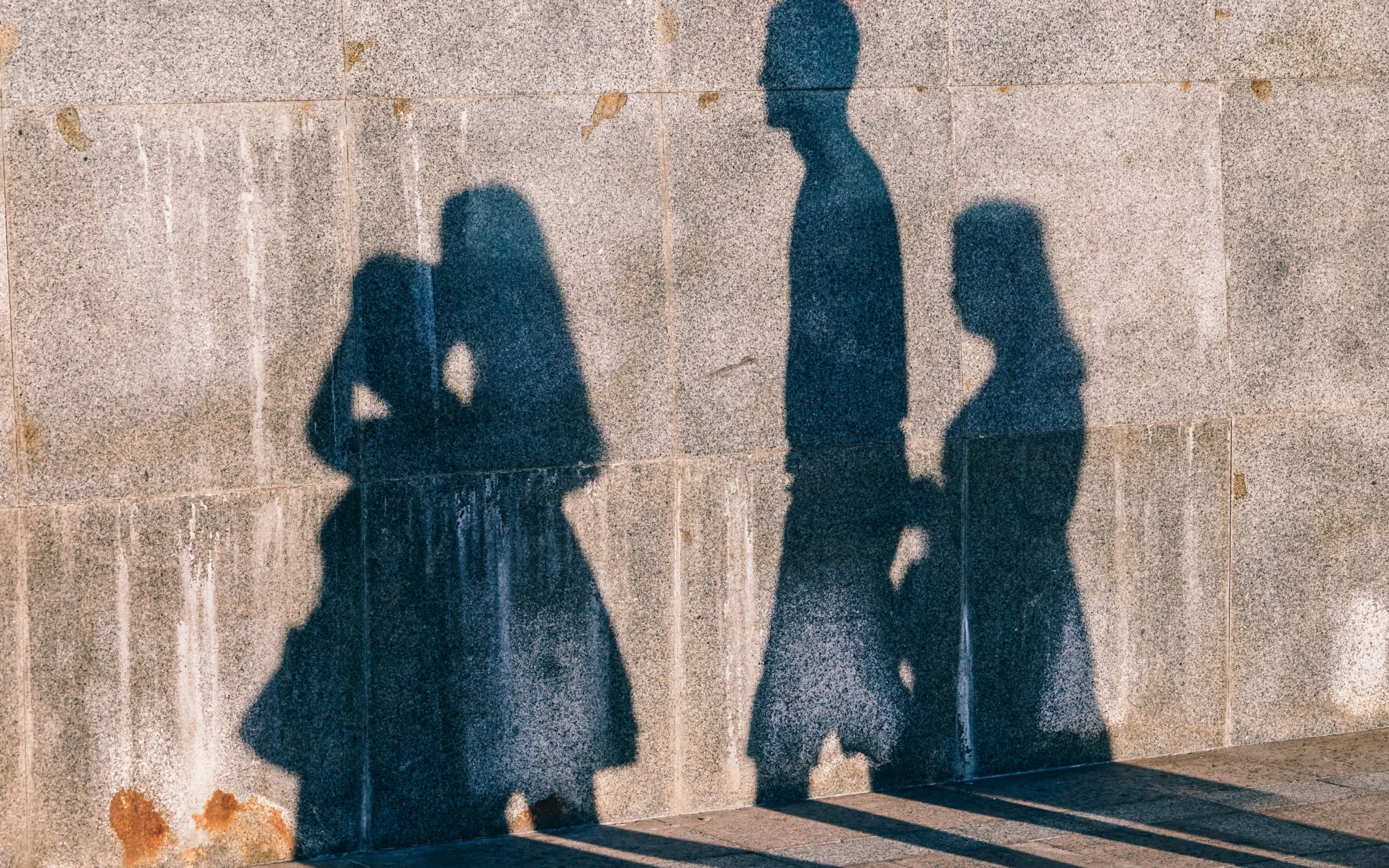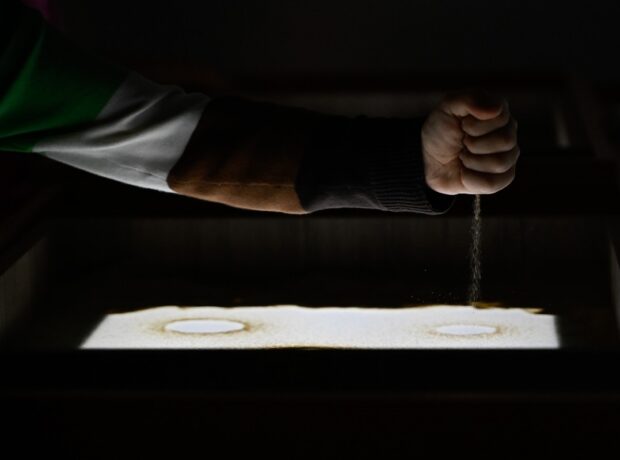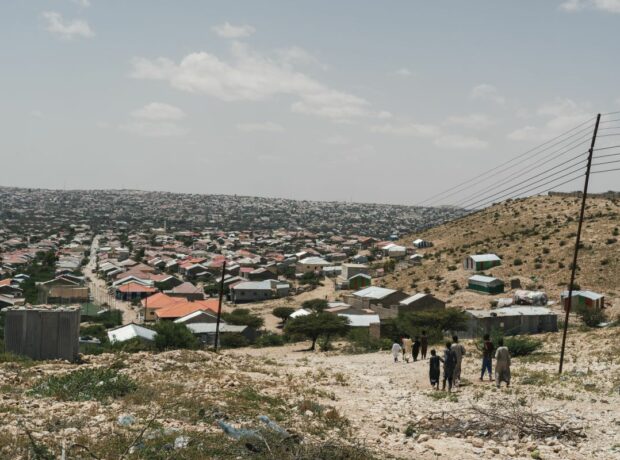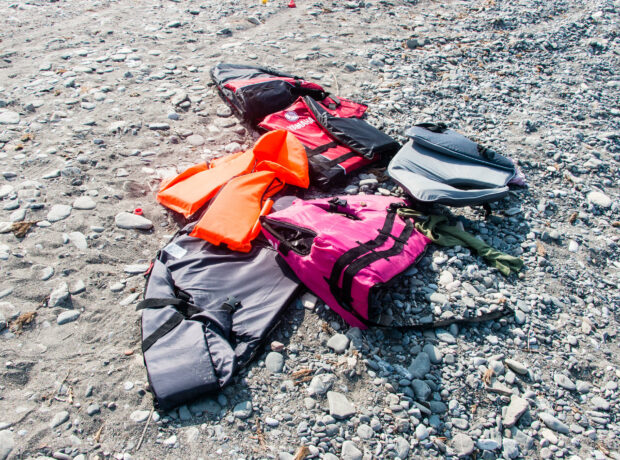Hearing increasing reports of police brutality against refugees on the Croatia-Bosnia border, Human Rights Watch is demanding action from Zagreb and the EU Commission.
In November, I spent four days talking to migrants, including asylum seekers, in dilapidated, freezing buildings in Bihac and Velika Kladusa in Bosnia Herzegovina, an area close to the Croatian border. I heard the same story over and over: Croatian police officers beat and robbed them before illegally forcing them over the border to Bosnia and Herzegovina.
Unfortunately, in my work as the Eastern Europe and Balkans researcher at Human Rights Watch, these stories are not new to me. But what really struck me this time around was the sheer brutality and cruelty of the police assaults.
“They are merciless,” 34-year-old Fatima*, from Syria, said of Croatian police officers. She and her three young children, the youngest only two years old, were forced to watch Croatian police officers beat her 16-year-old brother-in-law. “My 10-year-old daughter suffered psychologically since it happened, having nightmares,” Fatima said.
Nabila*, an Iranian woman who was three months pregnant at the time, told me a police officer struck her on her hand with a baton though she told him and other officers repeatedly that she was pregnant.
Sirvan*, from Iraq, said a Croatian police officer beat his six-year-old son with a baton on his leg and his head as he was trying to run away from the police beatings.
Yaran*, also from Iraq, was carrying his 14-year-old sister, Dilva*, who has a physical disability and uses a wheelchair, when Croatian police officers manhandled them. “When they captured us, I immediately told them ‘asylum’ but one police officer just pushed me hard so I fell backwards with my sister on my back.” They both required medical treatment after they were forced back to Bosnia and Herzegovina.
Croatia’s interior ministry has denied any wrongdoing but testimonies from migrants continue to emerge.
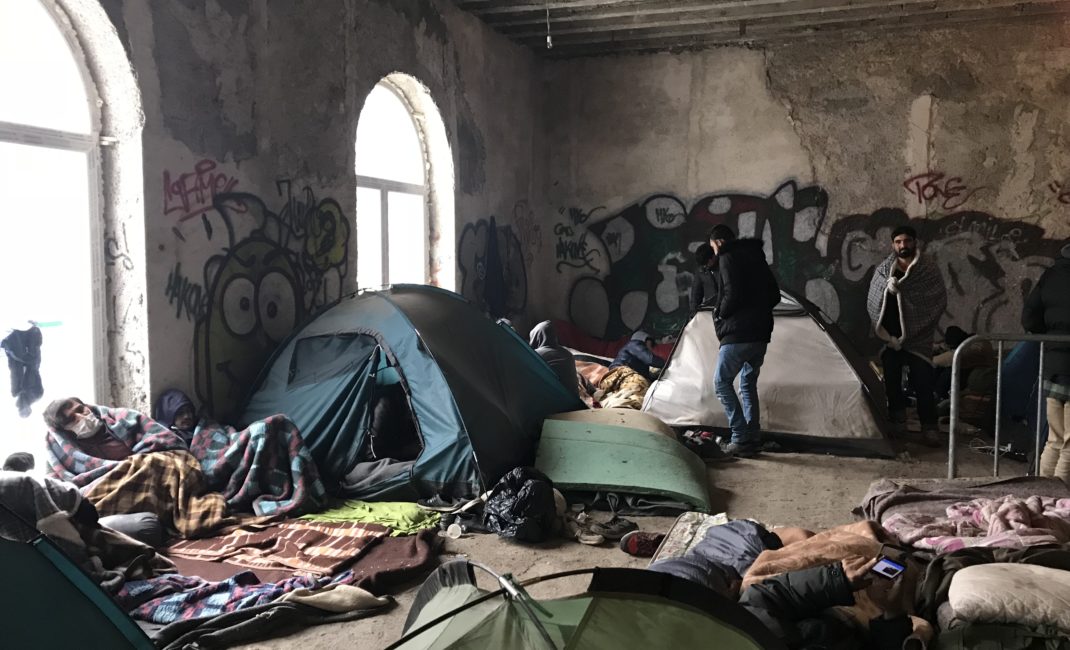
Migrants and asylum seekers living in tents and sleeping bags in a dilapidated building in Borici camp, Bihac, Bosnia Herzegovina. Taken in November 2018 by Human Rights Watch.
Since March 2016, when the Western Balkan route was closed, many people have found themselves stuck in the Balkans. After fleeing countries such as Syria, Afghanistan, Iran, Eritrea, Pakistan and Bangladesh, people had travelled through Turkey to Greece or Bulgaria, and onwards to Macedonia and Serbia.
There are now between 6,000 and 8,000 people trapped in Serbia and around 6,000 in Bosnia and Herzegovina, who want to move onwards to EU states and particularly to Western Europe.
Many have tried to cross to Hungary and Croatia but are met with violence from border guards. Most of the people I talked to had been walking for days inside Croatia by the time police detained them.
Some were taken to police stations, where they were denied food for up to 24 hours; others were taken directly to the border. They were transported in windowless locked vans on winding mountainous roads on trips of up to five hours. People kept sliding off the narrow benches, bumping into each other, and throwing up.
At the border, a “Tunnel of Terror” – as some called it — greeted them. A gauntlet of police officers beat them, pushing each person to the next officer and then to the next, laughing and mocking them on the way.
Tired and beaten, migrants and asylum seekers were then chased down a slippery slope or thrown into a ditch four to five meters deep that is the de facto border between Croatia and Bosnia and Herzegovina or made to wade across an ice-cold stream.
Most of the 20 people I interviewed, including parents with their children, the girl with a disability, and pregnant women, said they were brutally forced across the border in the cold of dark winter nights.
Every person I interviewed also said that Croatian police robbed them of their phones and money. They kept the good phones, forcing people to surrender their passcodes, and smashed the rest. Money, if found, was stolen too.
All this is going on at the EU’s borders. With total impunity.

Tent camp on outskirts of Velika Kladusa, Bosnia and Herzegovina, close to Croatian border, where migrants and asylum seekers sleep rough. Taken in November 2018 by Human Rights Watch.
And it has been going on for some time. I documented similar abuses on Croatia’s border with Serbia two years ago. The government rejected our allegations and the EU didn’t act. In two years, rather than improving, the situation has got worse.
More recently, the Croatian government dismissed concerns raised by UN refugee agency UNHCR and the Council of Europe Commissioner for Human Rights and told us they didn’t have enough evidence to bring prosecutions and that allegations can’t be confirmed.
The EU provides funds for humanitarian assistance to migrants and asylum seekers in Bosnia and Herzegovina that, while helpful, cannot justify turning a blind eye to neighbouring member state, Croatia, blatantly breaking EU laws and ignoring violence committed against those same people.
Croatian authorities need to take these allegations seriously. They need to immediately open an investigation into the summary returns and violence by Croatian police against migrants and asylum seekers. And they need to hold those responsible to account.
It’s also well past time for EU institutions to break their silence and send a strong message to Zagreb that pushbacks and violence flies in the face of Croatia’s legal obligations. The EU should make failure by Zagreb to address this issue come at a serious cost.
*Names have been changed to protect identities.
- For content like this direct to your inbox, subscribe here.
